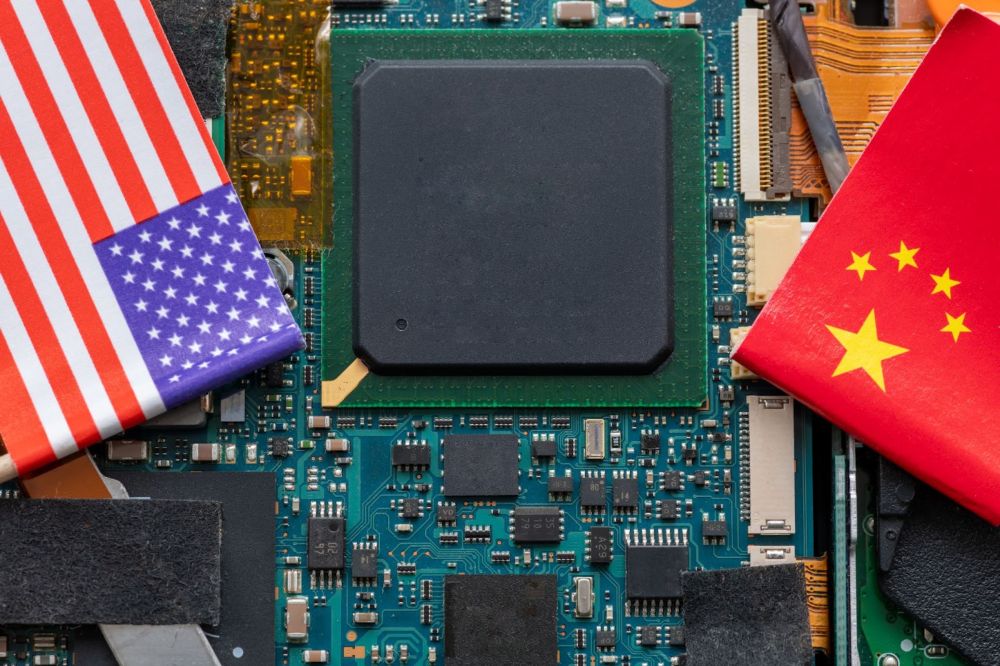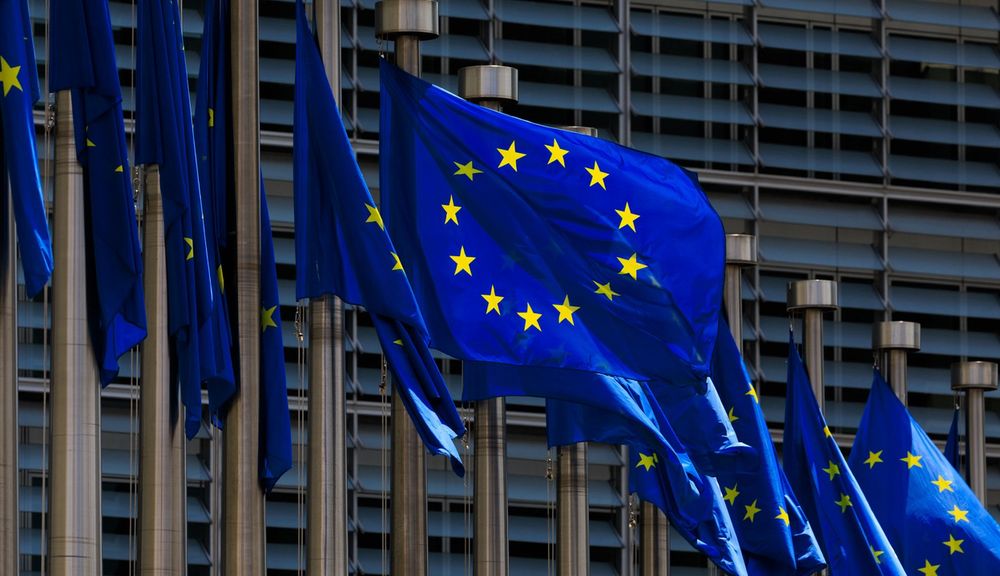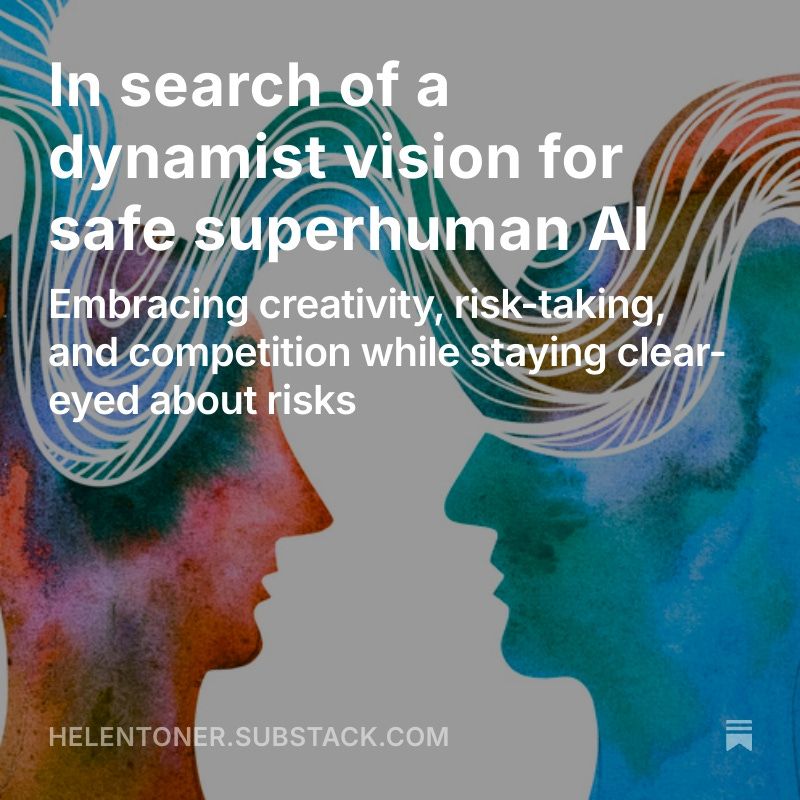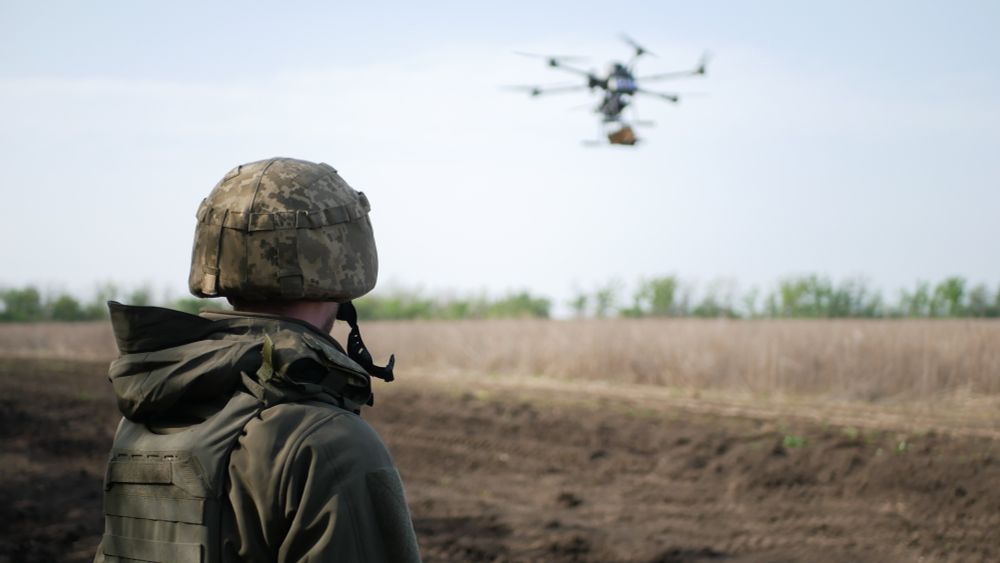
Can capital markets make AI safer?
ai-frontiers.org/articles/ai-...
@aifrontiers.bsky.social
Driving AI discourse. Subscribe to our newsletter at www.ai-frontiers.org/newsletter

Can capital markets make AI safer?
ai-frontiers.org/articles/ai-...

market share ≠ national security
ai-frontiers.org/articles/exp...
#artificialintelligence #h200 #nvidia

AI automation threatens to dismantle the “development ladder,” the economic pathway that has lifted hundreds of millions out of poverty.
ai-frontiers.org/articles/ai-...
#ArtificialIntelligence #FutureOfWork #DigitalDivide #GlobalSouth

There’s a 25–35% possibility that frontier AI systems are already conscious, argues Cameron Berg, a researcher looking into the question at AE Studio.
#artificialintelligence #alignment #consciousness
ai-frontiers.org/articles/the...

What if #AI alignment were more democratic?
Taiwan's Cyber Ambassador @audreyt.org argues the current, top-down alignment paradigm is broken — but the tools to build something better already exist.
ai-frontiers.org/articles/ai-...

The uncontrolled release of #AGI would be the most irresponsible act in human history and end our reign as the most dominant species on this planet, argues @anthonyaguirre.bsky.social of @futureoflife.org
Do you agree?
aifrontiersmedia.substack.com/p/uncontaine...

“The choice is ours: design competitive AI markets around open principles, or accept a new generation of platform monopolies,” write Tim O'Reilly, Isobel Moure, and Ilan Strauss
ai-frontiers.org/articles/ope...
@timoreilly.bsky.social

The US-China race for AI dominance is rewiring geopolitics—but what happens to nations caught in the middle?
@antonleicht.bsky.social lays out three playbooks available to the world's middle powers.
ai-frontiers.org/articles/in-...

The EU just finalized its Code of Practice for general-purpose AI models—turning the AI Act’s high-level principles into concrete requirements.
Henry Papadatos argues these new requirements represents a meaningful improvement in safety practices.
ai-frontiers.org/articles/how...

The EU just finalized its Code of Practice for general-purpose AI models—turning the AI Act’s high-level principles into concrete requirements.
Henry Papadatos argues these new requirements represents a meaningful improvement in safety practices.
ai-frontiers.org/articles/how...

Have U.S. chip export controls curbed Chinese AI?
Chris Miller (“Chip War”) assesses the impact across three dimensions:
▪️China’s domestic chipmaking capability
▪️The competitiveness of Chinese AI models
▪️China’s ability to provide AI infrastructure abroad
ai-frontiers.org/articles/us-...

In their latest piece for @aifrontiers.bsky.social, PWH's @mchorowitz.bsky.social and @laurenakahn.bsky.social argue that nuclear non-proliferation should not be the model for AI governance. Read more:
ai-frontiers.org/articles/nuc...

How should copyright law treat AI? Should training on protected data be allowed—and who owns what AI creates? We break down the key issues and cases:
ai-frontiers.org/articles/can...
#ai #copyright #intellectualproperty

How hardware-enabled mechanisms (HEMs) can make global cooperation on powerful #AI possible — even amid geopolitical tensions.
ai-frontiers.org/articles/ai-...

“AI models will continue to produce increasingly impressive discussions of scientific and mathematical concepts, along with some mistakes. Some experts will say that these discussions are groundbreaking, and others will dismiss them as obvious or unimportant.”
ai-frontiers.org/articles/arg...

“Liability represents the most suitable policy tool for addressing many of the most pressing risks posed by AI systems,” writes Gabriel Weil in response to last week's article by Kevin Frazier.
ai-frontiers.org/articles/cas...

Autonomous AI-enabled organizations (AAOs) are increasingly plausible.
They would fundamentally break how we regulate the economy and hold corporations accountable.
ai-frontiers.org/articles/wha...

@kevintfrazier.bsky.social argues that judges and state governments lack the tools needed to properly enforce AI liability.
ai-frontiers.org/articles/opt...

🚨 Introducing AI Frontiers — a new publication advised by Stuart Russell, Lawrence Lessig, and Yoshua Bengio that tackles AI's most pressing questions.
📝Want to contribute? ai-frontiers.org/publish

Mass power outages in Spain, Portugal, and England over the past few months have caused billions in economic damage.
AI could help prevent the next blackout — but deploying AI effectively in critical systems will require stronger safety guarantees.
ai-frontiers.org/articles/ai-...
#AI

Enjoyed speaking with @aifrontiers.bsky.social about one of my favorite topics: what #AI companions could mean for the human social world. 🤖
Read the full article: www.ai-frontiers.org/articles/ai-...
#AIethics

Avoiding reactionary and, ultimately, detrimental AI regulations requires addressing head on the public’s AI fears.
Job loss is near the top of that list.
My latest @aifrontiers.bsky.social piece explores a way forward.

Criticizing the AI safety community as anti-tech or anti-risktaking has always seemed off to me. But there *is* plenty to critique. My latest on Rising Tide (xposted with @aifrontiers.bsky.social!) is on the 1998 book that helped me put it into words.
In short: it's about dynamism vs stasis.

‘The evolution of automated drone combat in Ukraine should be a cautionary tale for the rest of the world about the future of warfare'.
@kirichenko.bsky.social writes for @aifrontiers.bsky.social.
www.ai-frontiers.org/articles/how...